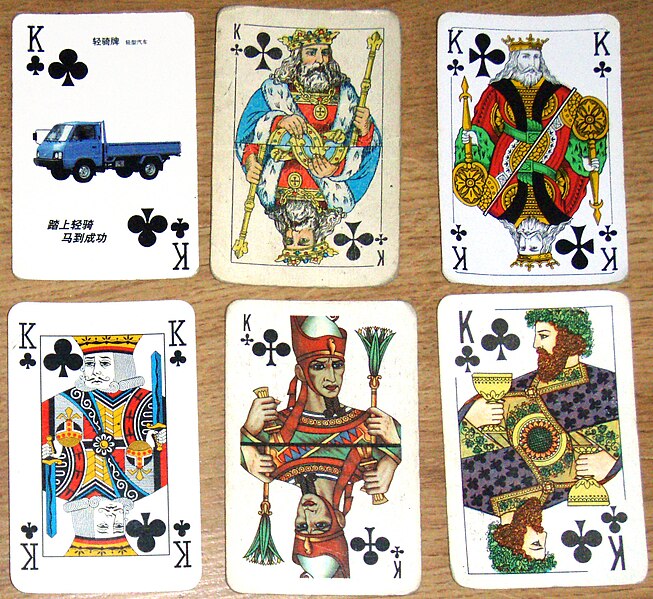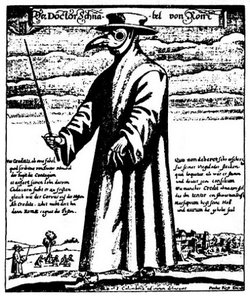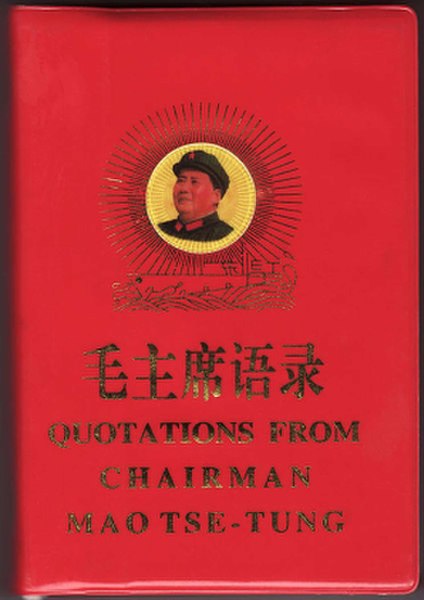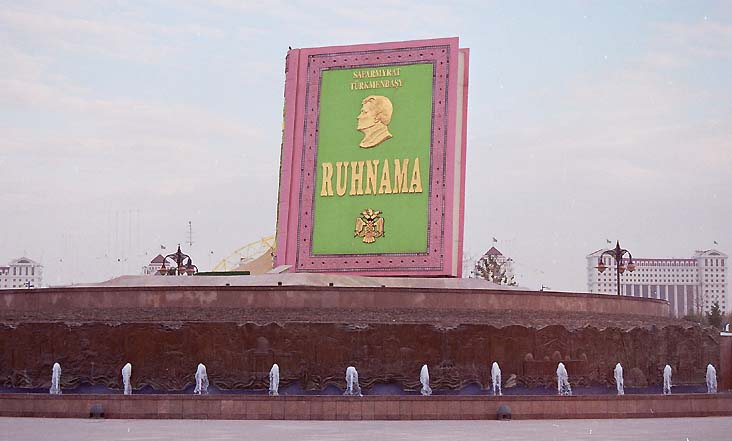No comment.
Friday, July 27, 2012
Sunday, July 15, 2012
Drug kingpin turns out to be huge comic book fan
Why am I not surprised? For those of you who have spoken with comic book fans you're met online and thus had cause, as have I, to wonder what makes them act that way, you now have a clue:
The man with the lazy eye there is one Aaron Castro, an amphetamine drug kingpin who was busted for drug trafficking in Commerce City, Colorado. Last year he pleaded guilty to felony charges and has now begun serving his 45 year jail sentence. Which brought Federal agents into possession of his personal property:
18,753 comic books.
Speculation runs that he was just trying to launder the money, rather than that he was that ape over comics. He even stored dope between the pages sometimes. The whole collection, residue or not, sold at police auction for $125,050.
I searched in vain for an image of the collection, or a follow-up to the auction story, or who ended up with the comic books. I mean, that's a cool eight of a million there in comic books, and at Sheriff's auction prices at that. Where will they go? Will any of them end up back in the open market? Should I sniff every comic book I find from now on just to check?
Thursday, July 12, 2012
Amazing Playing Card Trivia
The cards directly invoke the days of the year. In a standard deck of playing cards, count ace=1, jack=11, queen=12, king=13, joker=1, and all of the other cards at face value. Without the jokers, the rest of the cards total 364. If we add in a joker (for April Fool's Day), we get 365. Add in the other joker (for Leap Day) and we get 366.
Discard the jokers and count the cards. There's 52, corresponding to the weeks in a year.
There are 12 face cards, corresponding to the 12 months of the year.
There are four suits, with 13 cards each. Each of the four seasons of the year has 13 weeks.
Within each suit, there are 13 ranks, corresponding to the months in the lunar year.
According to this source, Dmitri Mendeleev, creator of the Periodic Table of Elements, came up with the idea for the organization of the table as he laid out a tableaux of cards on a table while playing solitaire.
The only reason that the ace of spades gets a big, fancy design is because British royalty used to charge a special tax on cards, being a leisurely commodity. To show that the duty had been paid, a clerk would stamp one card in the deck. Because of the way cards were sorted and packaged, the top card just happened to be the ace of spades. Hence the expression "Duty ace".
Bonus buck: See my old open-source Flash card-shuffler here, though it's not much to look at. The link to my blog post includes an explanation and source code download for developers interested in using it for their own games.
Wednesday, July 11, 2012
The closest thing we'll ever have to Smurfs
Meet the Kingdom of the Little People. This is a village / amusement park in Kunming, Yunnan, China, populated entirely by the dwarfs of China. To qualify to live there, you have to be less than 130 centimeters tall (51 inches) tall. And the people who do live there put on shows, including various singing and dancing numbers and other live performances.
Tickets run about $10 in US dollars, in this bizarre attraction founded in 2009. From the tourism trade, the dwarf village is self-supporting enough that the residents can enjoy a commune lifestyle in a small town built specifically to their scale. However, by the daytime and showtime they pretend to inhabit a fake mock-up village that's supposed to look like mushroom-land...
...but looks more like a quarry of stone-age rockets if you ask me.
There's also a bit of controversy, with critics saying this is demeaning to people with dwarfism. Could be, but nobody's forcing them to live there. Also, dwarfs often find work in entertainment, quite a lot of it geared to small stature.
Sunday, July 8, 2012
In the United States, 10 to 15 people still die from the black plague every year.
The Black Plague (actually known as the "Black Death") is a legendary outbreak of an infectious disease which peaked in Europe in the late 1340s. Many people have the misconception that that was the end of this grisly disease.
But oh, how wrong they be! In fact, the Black Plague continued to return for outbreak curtain calls throughout Europe and the Middle East well into the 17th century. A third wave pandemic started in China in 1855 and lasted for a century, spreading throughout the world. Furthermore, here is a map showing plague-infected animals as of 1998:
But there is still more glum news: In June of 2012, this story reports an Oregon man who is currently battling the disease. Mostly the Western US still reports 10 to 15 cases of the plague each year, which still resists antibiotic treatment in some cases, resulting in a fatality rate of 1 in 7.
Just a reminder that we can be wiped out today as easily as we were in past centuries. All it takes is one determined strain of bacteria.
Friday, July 6, 2012
The shocking difficulty of producing truly random numbers (and the world's most boring book)
Need some random numbers? The RAND Corporation has you covered. They published a book called "A Million Random Digits With 100,000 Normal Deviates". This 1955 work makes for some boring reading indeed; it's exactly what it says on the cover, no more, no less. Just columns of digits, which were simulated with a roulette wheel device hooked up to one of their mainframe computers. The numbers are arranged in strings of five digits, ten strings to a line, in neatly numbered rows numbered at the far left column from 00000 to 19999.
And if you want a copy, it's yours for - as of this writing - a used price of $33 or a new price starting at $76.67. And while you're at Amazon, don't miss the hilarious customer reviews, ranging from tongue-in-cheek drollery to one man who claims that the book was instrumental in him meeting his future wife.
Why would anyone want such a tome? Because TRUE random numbers are actually surprisingly hard to come by. Especially back in 1955. Even modern machines, however, are hard-pressed to come up with true entropy. True, you could sit there rolling a handful of dice all day and writing down the results, but this is slow. The best we can do is psudorandom numbers, generated from things like the system clock, user input, or the measurement of system voltage.
Why are random numbers so important? They are used in both cryptography and in gambling games - in both cases, it's a disaster if your number sequences become predictable. While pseudorandom numbers are fine for things like determining random events in a video game (such as which Tetris piece will fall next), they just don't cut the mustard for more mission-critical applications.
One such case is demonstrated in the lesson of the TV game show Press Your Luck, in which pseudorandom number sequences were used to generate a pattern of squares on a game board and the contestant would have to press a button to stop the board on a square, hoping to win money. As one determined contestant discovered, the patterns on the board were very easy to predict, and so when he got on the show, Michael Larson had an unprecedented winning streak.
Casinos, with electronic slot machines, Keno, poker machines, and so on, have the same risk. So do lotteries. And then so does any security application of cryptography - it doesn't matter how great my secret code is, if one can simply run the letters or digits through a frequency analysis and figure out that "36547" = "Washington". So the encoded information has to be combined with a bank of random numbers, used once, and thrown away.
There are a number of hardware random-number generators today, things like little frobs that plug into a USB drive and have things like a radiation-decay mechanism or an atmospheric noise microphone to get true natural entropy as input.
For students with test data needs, websites like RANDOM.ORG have downloadable random numbers produced from a microphone dangling in the breeze.
Thursday, July 5, 2012
Amazingly candid videos about the lives of conjoined twins Abigail and Brittany Hensel
Watch well, because this is one of the rare media appearances Abigail and Brittany Hensel were willing to make, back in 2006.
This is a pretty rare media appearance for them; they actually hate being famous and get tired of being stared at (one could hardly blame them). They are also a very rare case for being such a surgically inseparable set of conjoined twins and yet surviving into adulthood - complications often happen with cases like theirs due to shared organs.
To watch how they interact with both each other and the rest of the world, is to be amazed at just how relatively well-adjusted they are.
Here they are again at age 19 in 2010:
There's quite a bit more around the web about them.
Since the documentaries you see here, they have moved on to graduate high school and attend college in Minnesota. They have plans for the future, including marriage(s) and motherhood(s).
Wednesday, July 4, 2012
The Insect World Is An Alien World
Fantastic art video of a praying mantis and the predatory world it lives in.
If you've ever encountered a paying mantis in real life, these things impress you with how alert they are. They'll land right on your hand and turn around and look you right in the eye, challenging you to prove your sentience to them. If we didn't have praying mantises on our home planet, we'd be astounded to find them in space and instantly convinced of their intelligence.
Hopefully Blogger will cooperate with a non-YouTube video, but the thing is aparently only available on Vimeo.
Tuesday, July 3, 2012
Beyond Mein Kampf: Three books by dictators
1. Quotations from Chairman Mao
Published from 1964 through 1976, and still a popular read in much of the People's Republic of China, this is a collection of parts of speeches, letters, and general utterances of Chairman Mao Zedong. It was commonly known as the "Little Red Book" and also featured many images from the life of the Chairman. At one point, it was more prominently displayed than even images of the Chairman himself. While it was not required reading for the population, it was commonly printed in small pocket editions, so it could be with one always, and issued to soldiers and other grunts, even, presumably, throughout the Great Chinese Famine.
2. The Green Book
Published in 1975 until right around the Libyan Civil War in 2011, this was a small collection of Libyan dictator Muammar Gaddafi's thoughts on all matters political. It was said to be directly inspired by Mao's "Little Red Book". Unlike that book, The Green Book was published with the intent of making it required reading for all Libyan citizens. Libyan children during Gaddafi's reign had to study the book for two hours per week as part of official school curriculum. Quotes from the book were also broadcast daily over the official radio stations. Billboards were everywhere with quotes from the book. Can you say "citizen brainwashing"? Revolutionaries burned the book at protests and its since become quite a rare publication since the overthrow of Gaddafi.
3. The Ruhnama
We have now reached the epitome of batshit egomania. This book, roughly translated as "The Book of the Soul", was the work of Saparmurat Niyazov, "President for Life" of Turkmenistan until his death in 2006. This was just a little bit more than a run-of-the-mill political rant. Example:
That's a real giant statue of the book, elevated on a rotunda surrounded by bubbling fountains. Here's some people around it for scale:
No, wait, we're not done. Every evening, the giant damned thing opens and displays text and plays video! Here's a video showing the construction of this behemoth, and showing it in action:
Yeah, eat your heart out, Stephen King.
The Ruhnama is not just a political tract, but spiritual scripture and autobiography of Niyazov himself. Required reading in school? That's small potatoes! Reading from the book took you from kindergarten to college in Turkmenistan. You couldn't publicly criticize the book without being thrown in prison and tortured. To make more room in the schedule for studying the Ruhnama, algebra, physics, and phy-ed were removed from the curriculum. You'd have to pass a test on the Ruhnama to get a driver's license. Quotes from the thing are inscribed in half the hard surfaces in Turkmenistan. Posters of the Ruhnama flank the streets. By law, it has to receive equal treatment with the Qur'an, even in Muslim mosques.
Shortly before his death, Niyazov claimed that he had arranged it with no less than GOD HIMSELF that anybody who read the Ruhnama three times was guaranteed a place in Heaven.
We could go on all day, all night, and all day tomorrow about the blood-curdling insanity and megalomania of Saparmurat Niyazov and the utter hell-on-Earth of a nightmarish, dystopian, totalitarian dictatorship this human piece of shit imposed on his imprisoned citizens (who were restricted from legally exiting the country), but this page on traveling Turkmenistan gives you a very good taste of it.
It is fitting that the Internet-fabled "Door to Hell" (a natural gas fire that has raged for 40 years) is in Turkmenistan. How come we've heard all about Kim Jong-Il and Saddam Hussein, but never Niyazov?













